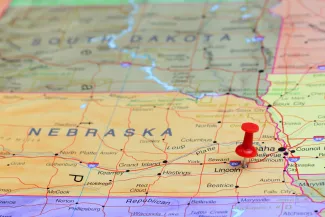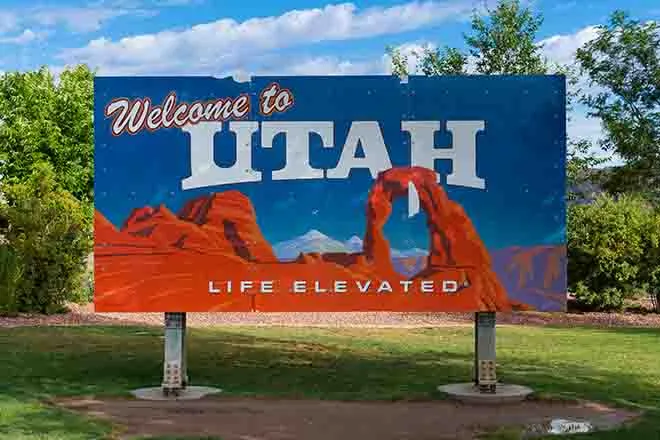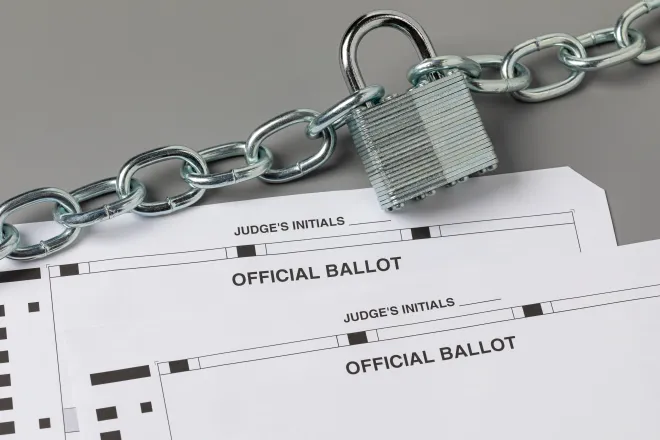
Nebraska bill would ensure Summer EBT participation
Click play to listen to this article.
(Nebraska News Connection) According to a recent USDA study, 12 percent of Nebraskans experience food insecurity. That's higher than the national average.
If legislation that is the priority bill of state Sen. Jen Day, D-Papillion, becomes law, some lower-income Nebraska families will receive help paying for food. LB-952 would require the state to participate in the USDA's Summer EBT program. The program provides $40 on an EBT card per child per month during the summer to spend on groceries.
Gov. Jim Pillen decided the state would not participate. Day contends the USDA will waive the Dec. 31 deadline, and said she's encouraged by the support LB-952 has received in the Unicameral so far.
"I had 16 co-sponsors, both Republicans and Democrats. And we've been working on building that into a larger coalition of folks, so that hopefully, we will be able to override a veto in the event that that becomes necessary," Day said.

Pillen noted other summer meal options, such as the site-based USDA Summer Food Service program. However, advocates point out not all families can get their children to a meal site, especially in rural parts of the state. And the number of sites has declined significantly since the pandemic. 35 states and the District of Columbia, along with several territories and tribal nations, have enrolled in Summer EBT.
The first hearing on LB-952 is at 1:30 p.m. this Thursday.
One in nine Nebraska children is experiencing food insecurity.
Kay Wissman, community services director with Southeast Nebraska Community Action, said its food pantries served nearly 200 more households in fiscal year 2022-23 than in 2021-22, and added there's no doubt Nebraska families need help.
"Particularly during the summer when children are home, and they don't have access to at least that one, if not two, good meals at school, " Wissman explained.
Summer EBT would bring in roughly $18 million annually to assist families of about 150,000 Nebraska children.
Rebecca Firestone, executive director of the nonpartisan OpenSky Policy Institute, said the yearly administrative cost of around $300,000 is an investment that could bring the state a "significant return."
"There's a robust evidence base that suggests that when children are food secure, they do better in school. And the funds that those families spend on feeding their children is also money that goes back into supporting local economies," Firestone contended.
Three of Nebraska's neighbors -- Colorado, Kansas and Missouri -- are among the states enrolled in Summer EBT.
















